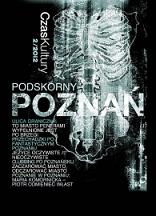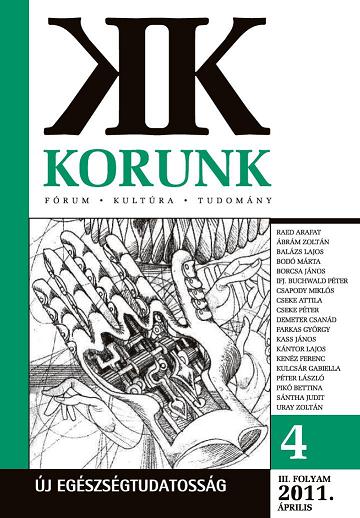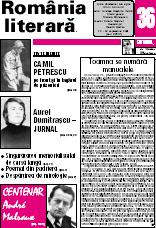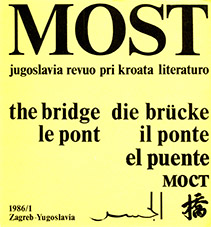
Podskórny Poznań: poezja
Poznań, New Roman-Kopyt, Pietrek, Rolando, Wolski, Żabnicka; Poezja, media i Marks; Pęd i popęd, denat: mężny chwat na emigracji w houston główny bohater: ruscy zniszczyli mu całe wakacje zbrodnia: zdarzy sie podmiot liryczny: przewodzi własnym zespołem; huczenie, szeleszczenie. sztolnia; Po majówce Pasmo poranne, Pani Jesień; (...)
More...




